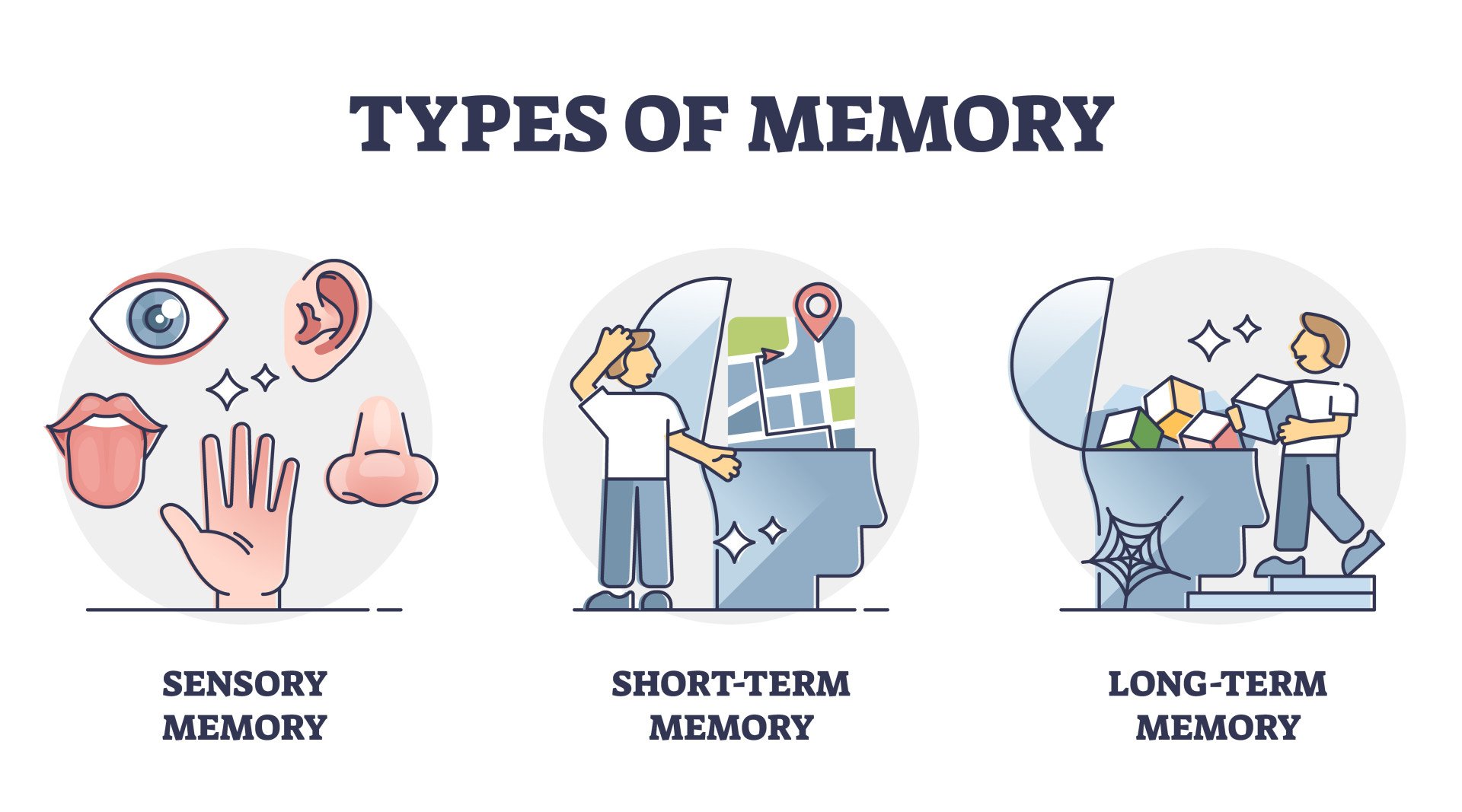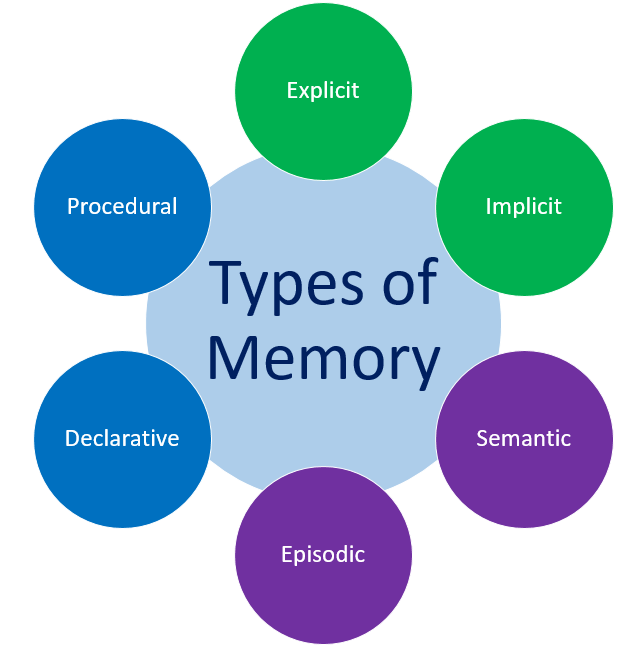Have you ever wondered how the brain stores and retrieves information, and what happens when that process is disrupted or exposed? The concept of a “memory leak” may sound like something from a sci-fi thriller, but in reality, it’s a growing concern in both cognitive science and digital technology. The term “memory Ellis leak” has started gaining traction online, and while it may seem confusing at first, breaking it down can help us better understand how memory works — both in our brains and in the devices we use daily.
So, what exactly does “memory Ellis leak” refer to? At its core, the phrase seems to blend ideas from neuroscience and computer science. Memory, as many of us know, is the brain’s way of encoding, storing, and retrieving information. But when something interferes with this process — whether it’s a cognitive disruption or a software malfunction — it can lead to what people might call a “leak.” As for “Ellis,” it may refer to a person, a concept, or even a misinterpretation of another term. Either way, this topic is worth exploring in depth.
In this article, we’ll walk through the science behind memory, how leaks can happen, and what the idea of a “memory Ellis leak” might mean in different contexts. Whether you're curious about brain function, digital memory issues, or both, this guide will offer a clear and approachable explanation.
Table of Contents
- What Is Memory?
- The Brain and Memory Formation
- Types of Memory
- What Is a Memory Leak?
- Memory in Computers and Digital Systems
- What Is “Memory Ellis Leak”?
- How to Improve Memory and Avoid Leaks
- Frequently Asked Questions (FAQ)
What Is Memory?
Memory is how your brain processes, stores, and recalls information. It plays a huge role in everyday life — from remembering a friend’s birthday to recalling how to ride a bike. But memory isn’t just about storing facts; it also shapes how we make decisions and interact with the world around us.
Think of memory like a filing system in your mind. When something happens — say, you learn a new word — your brain encodes that information, stores it, and retrieves it when needed. This whole process is pretty complex, and it involves different parts of the brain working together. A lot of the heavy lifting happens in the hippocampus, a small but powerful region that helps form and organize memories.
There’s more than one type of memory, too. Some memories are short-term, like remembering a phone number just long enough to dial it. Others are long-term, like knowing how to swim even if you haven’t been in the water for years. Scientists often categorize memory based on what it stores and how we use it, which we’ll dive into next.
The Brain and Memory Formation
Memory doesn’t just appear out of nowhere — it’s built through a series of steps. First, your brain has to pay attention to something. If you’re distracted, you probably won’t remember much. Once you’re focused, the brain encodes the information, turning it into something it can store.
After that, the brain stores the memory in different regions depending on what kind of information it is. For example, emotional memories might involve the amygdala, while factual knowledge is handled more by the cortex. When you need to recall something, your brain pulls that stored data back up — and if everything goes smoothly, you remember what you need to.
Now, this process is usually pretty efficient, but things can go wrong. Sometimes, memories get distorted, forgotten, or mixed up. In digital terms, you might call that a “leak” — though in the brain, it’s more like a glitch. Still, the idea of memory being “lost” or “exposed” has led to a lot of interest in what’s called a memory leak, especially in the context of both neuroscience and computer science.
Types of Memory
There’s more to memory than just remembering what you had for breakfast. In fact, scientists have identified several main types of memory, each with its own purpose and function. Here’s a quick breakdown:
- Short-term memory: This is like your brain’s notepad — it holds information for just a few seconds or minutes, such as a phone number before you dial it.
- Long-term memory: These are the memories that stick around for a while, like childhood experiences or how to ride a bike.
- Declarative memory: This includes things you can consciously recall, like facts and events.
- Procedural memory: This is the “how to” part of memory — things like riding a bike or typing without looking at the keyboard.
Each of these plays a different role, and they all rely on different parts of the brain. For instance, the hippocampus is crucial for turning short-term memories into long-term ones, while the cerebellum helps with procedural memory. But when something interferes with how these systems work — whether due to stress, fatigue, or a technical malfunction — we might start to lose or misplace memories.
What Is a Memory Leak?
So, what’s a “memory leak”? In the context of the brain, it’s not a formal term, but it might refer to when memories are lost, distorted, or accessed incorrectly. Think of it like a file getting corrupted on your computer — it’s still there, but you can’t open it the way you used to.
In digital systems, a memory leak is a real thing. It happens when a program doesn’t release memory it no longer needs, which can slow things down or even crash the system. While the brain isn’t a computer, some researchers compare memory issues to software bugs — glitches that affect how information is stored or recalled.
So when people talk about a “memory leak,” they might be referring to either cognitive issues — like forgetfulness or memory lapses — or digital memory problems. But what about the term “memory Ellis leak”? That’s where things get a bit more interesting.
Memory in Computers and Digital Systems
Computers use memory in a way that’s somewhat similar to the brain. They have short-term memory (RAM) and long-term storage (like a hard drive or SSD). When a program runs, it uses RAM to store data temporarily. Once it’s done, it should release that memory so other programs can use it. But if it doesn’t, that’s what’s known as a memory leak.
Memory leaks in software can cause problems like slower performance or system crashes. Over time, as more memory is used and not freed up, the system becomes less efficient. This is a common issue in programming and is something developers work hard to avoid.
Interestingly, some researchers compare digital memory leaks to cognitive memory issues. Just like a program that doesn’t release memory, our brains can sometimes get “stuck” on certain thoughts or memories, making it harder to focus or move on. Whether it’s a technical glitch or a cognitive lapse, memory leaks — real or metaphorical — can cause headaches in both humans and computers.
What Is “Memory Ellis Leak”?
Now, let’s get to the main term: “memory Ellis leak.” While it might sound like a specific concept, it’s actually a bit of a mystery. There’s no widely recognized definition for it, but based on what we know, it could be interpreted in a few ways.
First, “Ellis” might refer to a person. There are several notable people named Ellis in neuroscience and tech, so it’s possible the term is related to someone’s research or theory. Alternatively, it could be a misspelling or misunderstanding of another word. For example, someone might be referring to a “memory leak” in the context of a person named Ellis or a concept associated with that name.
Another possibility is that “Ellis leak” is a mix-up of two separate ideas — memory leaks in digital systems and memory-related studies by someone named Ellis. If that’s the case, the term could be a way to talk about how memory issues affect both biological and artificial systems.
Whatever the case, understanding the basics of memory and memory leaks can help make sense of this phrase, even if it’s not a standard term.
How to Improve Memory and Avoid Leaks
Whether you're worried about cognitive memory lapses or digital memory leaks, there are steps you can take to improve how your brain and devices handle information. Here are a few tips:
- Stay focused: Paying attention is the first step in forming a strong memory. Try to minimize distractions when learning something new.
- Use repetition: Repeating information helps your brain encode it more effectively. Flashcards are a great tool for this.
- Get enough sleep: Sleep plays a huge role in memory consolidation. Without enough rest, your brain can’t process and store memories properly.
- Exercise regularly: Physical activity boosts brain health and can improve memory function.
- Maintain your devices: For digital memory, make sure your software is updated and programs are running efficiently to avoid memory leaks.
For more information on how memory works, you can Learn more about memory types and how they work.
Frequently Asked Questions (FAQ)
What is a memory leak in simple terms?
A memory leak, especially in computing, happens when a program uses up memory but doesn’t release it after it’s done. This can slow down your device or cause it to crash over time.
Can the human brain have a memory leak?
While the brain doesn’t technically have memory leaks like computers, it can experience lapses or distortions in memory due to stress, fatigue, or neurological issues.
Is “memory Ellis leak” a real term in science?
Not exactly. It might be a mix-up or a reference to research by someone named Ellis. It could also be a metaphor for cognitive or digital memory issues.
If you’re looking for more insights into how memory functions, you can Learn more about how memory interacts with the brain.



Detail Author:
- Name : Brent Lowe
- Username : orville.cole
- Email : rau.skyla@gmail.com
- Birthdate : 2000-05-31
- Address : 21521 Oberbrunner Pine Suite 161 South Tobinberg, NY 96417
- Phone : 208.747.6377
- Company : Williamson PLC
- Job : Chemical Equipment Tender
- Bio : Eos iste est est amet. Qui corporis magni expedita. Sit nulla dolore modi accusamus debitis et deleniti.
Socials
twitter:
- url : https://twitter.com/wilkinson1971
- username : wilkinson1971
- bio : Molestias rerum perspiciatis cum necessitatibus temporibus. Eligendi veniam voluptatem sit veniam. Et officiis enim perspiciatis dicta.
- followers : 3710
- following : 2865
facebook:
- url : https://facebook.com/wilkinson1999
- username : wilkinson1999
- bio : Dolor qui quia enim culpa.
- followers : 1892
- following : 1135

